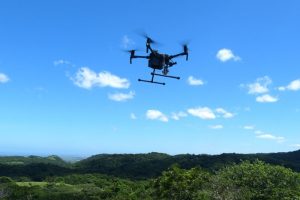The Federal Drug Administration is moving closer to approving the use of RFID to identify patients and/or permit relevant hospital staff to access medical records. The FDA still has to examine privacy issues.
VeriChip, a division of Applied Digital Solutions, that sells 11-millimetre RFID tags to implanted in the fatty tissue below the right tricep, hopes to provide the technology.
The idea for employing the tags to identify humans came after 11 September, 2001, a vice president of medical applications at Applied, saw how firemen were writing their badge numbers on their arm with pen so they could be identified in the event of a disaster.
He inserted Digital Angel tags in his body and VeriChip was born.
The chips are inserted into humans and animals with a syringe. When emerging from the syringe, the chips get coated with a substance called BioBond, which insulates the chip from the body and allows it to adhere to local tissue. If removed, it becomes inactive.
VeriChip can already sell implantable RFID chips in the US for standard security applications, for the financial market or to be used in animals.
Up to now, about 1,000 VeriChip tags have been injected in humans.
But so far, most of the sales have been outside the United States.
Recently, VeriChip generated headlines with the announcement that the Attorney General of Mexico implanted one of the small company’s RFID tags in his arm.
Mexico has also evaluated the chips as a way to better identify children in the event of a kidnapping. The Baja Beach Club in Spain has used them as electronic wallets to buy drinks. Sales have also taken place in Russia, Switzerland, Venezuela and Colombia.
But FN Manufacturing, a South Carolina gun maker, could use the technology for “smart guns,” which contain sensor-activated grips so that only their owners can fire them.
Privacy has been an issue for the company, but the complaints have actually begun to die down (at least, that’s what Verichip claims.)
Besides, VeriChip is working on an implant that will contain a GPS, allowing an individual with a scanner to pinpoint someone’s position on the globe.
The lab device, however, is relatively large right now, about the size of a pacemaker.
![syringe-small[1].gif](http://www.we-make-money-not-art.com/xxx/syringe-small%5B1%5D.gif)
From ZD Net.







